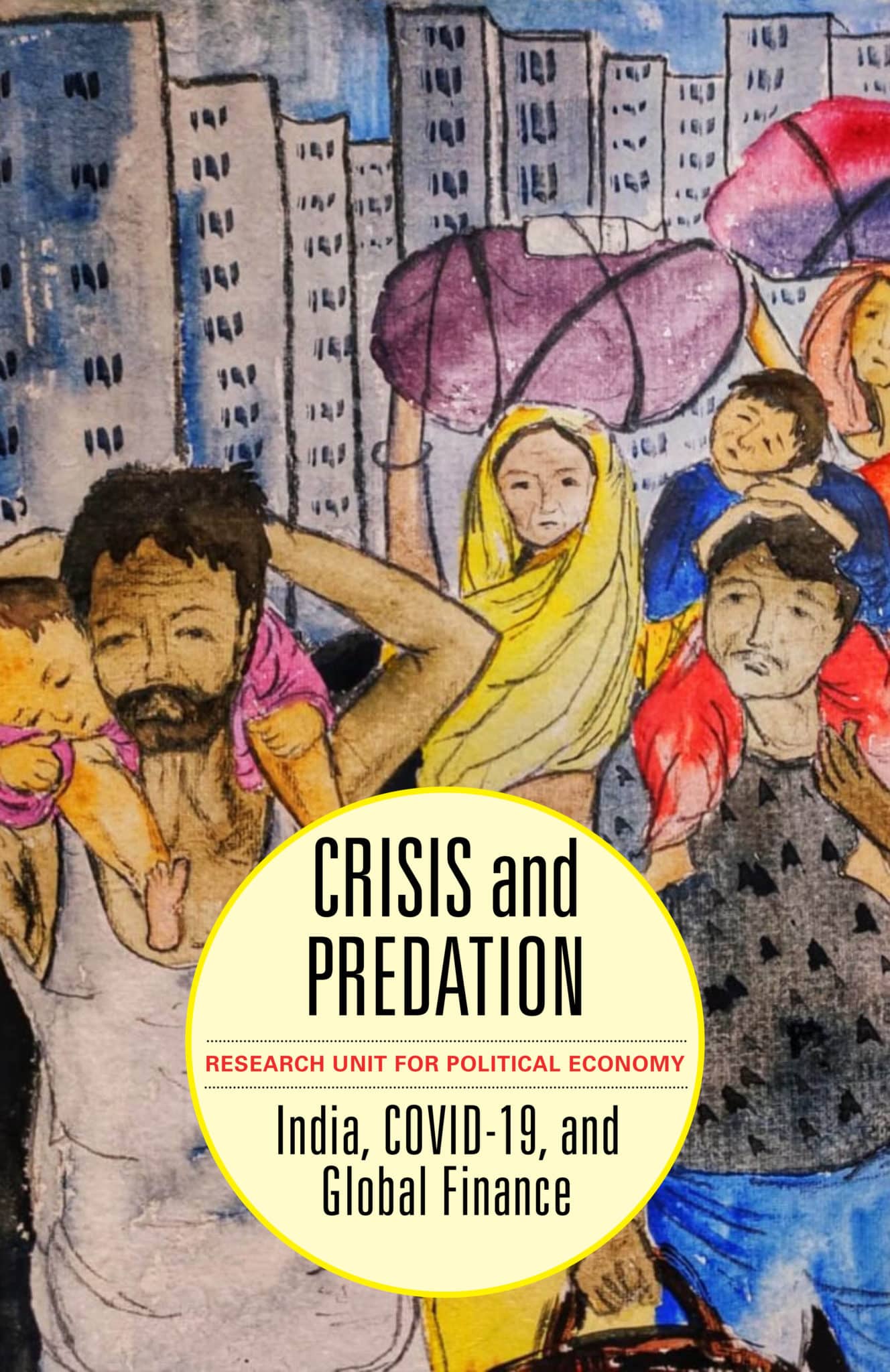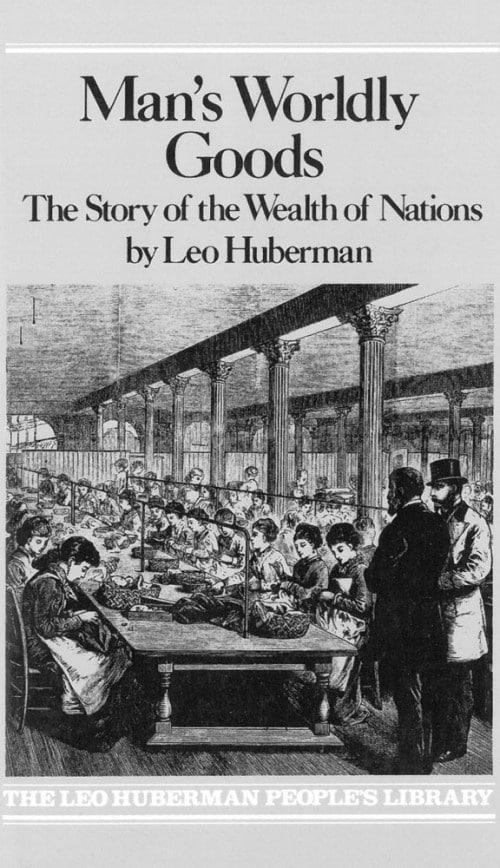Crisis and Predation: India, COVID-19, and Global Finance
$0.00 – $89.00
FREE EBOOK OFFER
With the advent of COVID-19, India’s rulers imposed the world’s most stringent lockdown on an already depressed economy, dealing a body blow to the majority of India’s billion-plus population. Yet the Indian government’s spending to cushion the lockdown’s economic impact ranked among the world’s lowest in GDP terms, resulting in unprecedented unemployment and hardship. Crisis and Predation shows how this tight-fistedness stems from the fact that global financial interests oppose any sizable expansion of public spending by India, and that Indian rulers readily adhere to their guidance. The authors reveal that global investors and a handful of top Indian corporate groups actually benefit from the resulting demand depression: armed with funds, they are picking up valuable assets at distress prices. Meanwhile, under the banner of reviving private investment, India’s rulers have planned giant privatizations, and drastically revised laws concerning industrial labor, the peasantry, and the environment—in favor of large capital.
And yet, this book contends, India could defy the pressures of global finance in order to address the basic needs of its people. But this would require shedding reliance on foreign capital flows, and taking a course of democratic national development. This, then, is a pursuit, not for India’s ruling classes, but a course of struggle for India’s people.
In this sharply and clearly written book, our Indian comrades at The Research Unit for Political Economy examine India’s response to COVID-19 through the lens of the nation’s ever-growing dependence and subservience to foreign capital.
—Michael D. Yates, author, Can the Working Class Change the World?
The book is an in-depth study of the Indian economy in the post-Covid situation and its place in global finance, with both a strong conceptual apparatus and a solid empirical base. Why does the government refuse to release the huge stock of 77 million tons of food grains for the public distribution system when India ranks even lower than some of the poorest Sub-Saharan countries in its hunger index? The answer seems to be that the government has chosen a path of willing dependence on the United States. I would recommend the book strongly to anybody interested in understanding the tentacles that bind developing countries to US capital, and how to move on to a path of democratic economic and social development.
—Amiya Kumar Bagchi, Emeritus Professor, Institute of Development Studies, Kolkata
A pandemic such as this should evoke a response of human feeling, and yet it seems to evoke—in the capitalist world—the reverse. There is disdain for suffering and an intensification of warlike behaviour. India’s government offers an example, and this book lays out the evidence: it must be read by those who want to struggle towards human betterment rather than human misery.
—Vijay Prashad, Executive Director of Tricontinental: Institute for Social Research; author, Washington Bullets
The Research Unit for Political Economy, based in Mumbai, India, publishes the journal Aspects of India’s Economy and a range of research publications in English, Hindi, and other Indian languages.
Publication Date: November 2020
Number of Pages: 216
Paperback ISBN: 978-1-58367-924-1
Cloth ISBN: 978-1-58367-925-8
eBook ISBN: 978-1-58367-926-5
Additional Information: 31 charts and figures
Related products
-
Monthly Review Volume 2, Number 10 (February 1951) [PDF]
$10.00 Add to cart -
Monthly Review Volume 2, Number 7 (November 1950) [PDF]
$10.00 Add to cart -
Monthly Review Volume 2, Number 1 (May 1950) [PDF]
$10.00 Add to cart -
Monthly Review Volume 1, Number 11 (March 1950) [PDF]
$10.00 Add to cart -
Monthly Review Volume 1, Number 10 (February 1950) [PDF]
$10.00 Add to cart -
Man’s Worldly Goods: The Story of the Wealth of Nations
$17.00 – $20.00 Select options This product has multiple variants. The options may be chosen on the product page

 [PDF].jpg)
 [PDF].jpg)
 [PDF].jpg)
 [PDF].jpg)
 [PDF].jpg)
